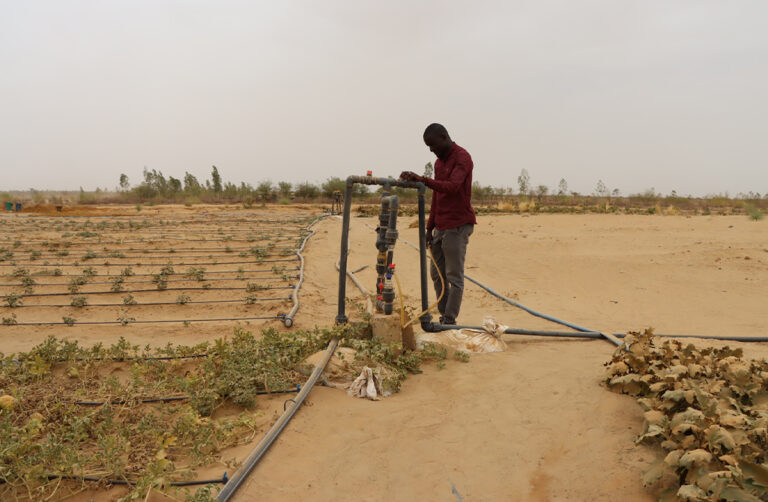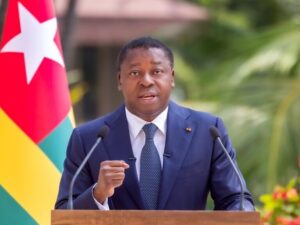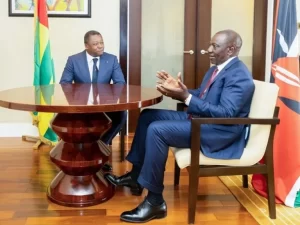Mali boosts agricultural irrigation with Major investments

In Mali, where agriculture heavily depends on rainfall, the government is ramping up efforts to expand irrigation systems and enhance water management in key agricultural zones. During a Council of Ministers meeting on January 3, two major hydro-agricultural projects were approved, with a combined budget of 10.6 billion CFA francs ($16.8 million USD).
The first project, allocated 5.25 billion CFA francs ($8.3 million USD), focuses on constructing and rehabilitating the drainage network in the N’Débougou area.
The work, to be carried out by a consortium of China Zhong Hao Limited and Zhongao Construction Ingénierie Outre-Mer-Mali-Sar, is expected to span 16 months, excluding the rainy season.
This initiative aims to enhance drainage water management over a significant area.
The second project targets the rehabilitation of the irrigated zone in N’Débougou IV, supported by additional funding.
A joint venture between the Entreprise Générale Mamadou Konaté and the Entreprise Abdoulaye Diawara will oversee the construction, following the same 16-month timeframe.
These projects aim to strengthen irrigation capacity in a crucial agricultural region, boosting water management and significantly increasing productivity for small-scale farmers.
Initiated in 2021, the hydro-agricultural development in the N’Débougou zone encompasses 25,000 hectares of fully irrigated land and 80,000 hectares designated for drainage.
This area, under the management of the Office du Niger, is vital for rice cultivation, the staple crop in Mali.
The government’s investments reflect its commitment to enhancing agricultural resilience against climate challenges and ensuring national food security.
Upon completion, these initiatives are expected to solidify the Office du Niger’s role as a cornerstone of Mali’s agricultural sector.
Neil Camara






